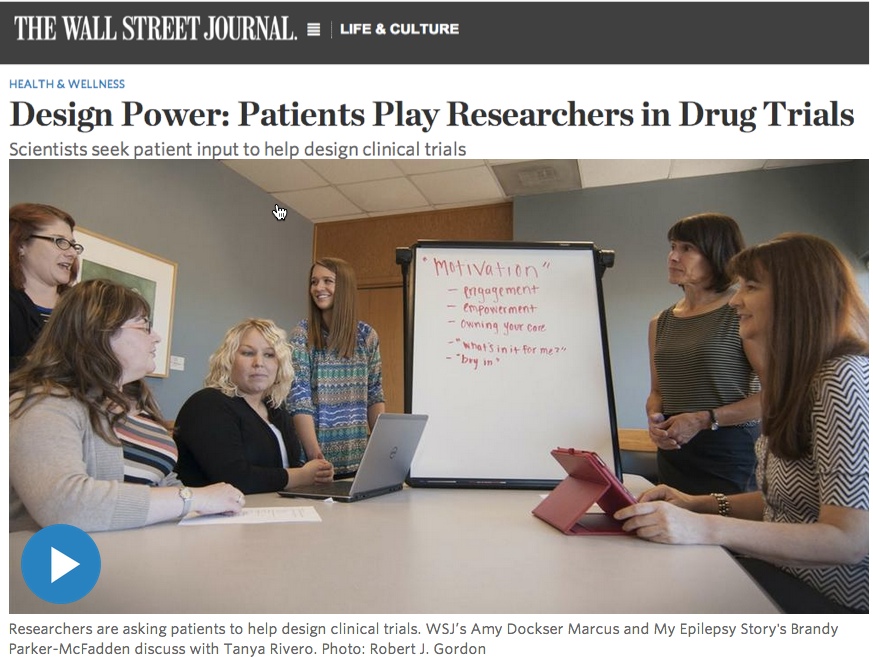I could smack myself for not noticing this earlier, but it happened while I was at the ESMO conference (the “European ASCO” cancer conference) in Madrid last month: Amy Dockser Marcus has another great piece on how medicine is truly starting to engage with patients as active contributors to improving healthcare. Woohoo!
The lede:
Scientists regularly sign up patients in clinical trials to test new treatments. Now, they are seeking patients to help them design some of those trials.
Patients and researchers can bring different perspectives to treating disease …
It seems clear that medicine is starting to act on the Institute of Medicine’s mandate in Best Care at Lower Cost:
A learning healthcare system is anchored on patient needs and perspectives.
Doesn’t this dovetail deliciously with the presentation I blogged about on my own site, on involving patients earlier in the research process?? Imagine: Scientists asking patients what they think is important!
Clearly, science is starting to act on the realization that patients are no longer the passive beneficiaries of what scientists think. (It also matches nicely Laura Landro’s front page WSJ piece in June, “Health-Care Providers Want Patients to Read Medical Records, Spot Errors”.
This is a major shift in the wind, and it’s spreading. Watch for more of this in the coming months.







Actually this isn’t new. It grew out of the patient activists in the AIDS community 20+ years ago but it is great to see each successive generation of patient advocates joining the parade and pounding the drums of patient centered design and moving out of research and theory into practice!
Patient centered design is also the reason that we (US Govt) funded the Patient Centered Outcomes Research Institute PCORI (mentioned in the article) which was funded under ACA (Obamacare) with 5 billion.
This article highlights the spread of the concept (finally) and it is important to get this out to lay audiences (vs health care researchers)
Sherry, I know it’s “not new” – but it’s most definitely not something that’s widespread or assumed to be the right thing (or even a valid thing) to do.
There’s an enormous gulf between what someone conceives, then what someone does, and then what becomes widespread reality. I know this a source of constant frustration for activists who have seen the future (including someone who’s been doing important new things for as long as you).
Here, I (for one) have been trying to awaken wider awareness of how such ideas are being accepted by people in the establishment.
I’d LOVE to have a post by you about the precedents, too, because every precedent we can point to proves to skeptics “Look, this isn’t an unheard-of thing!”
I am happy to report that this issue of patients designing trials is a reality, which I have seen at work through PCORI. With a mix of medical pros and other patients, I reviewed a number of grant requests, and certainly saw our group deny applications that may have had merit, but lacked any patient involvement in the development of the research, or in any plan to disseminate the data to patients. Weeks ago, I discussed the support a disease community support group has from PCORI to create such a proposal, with PCORI helping to fund the very creation of that proposal.
Additionally, I serve as a patient adviser on a Roche/Genentech board which asks for a structured approach to incorporate patient issues into the design of their clinical trials.
Days ago, at a NIH conference re cancer and immunology, researchers in three of the various lectures mentioned their drive to involve patients early in the design process, to meet the needs of their patients–not just to find the necessary patient bodies.
WHO has supported a European-based group, “AllTrials” in their demand for greater access to all trials, successful or not, which patient needs described as part of the push behind this monumental shift in the research community.
Definitely not unheard-of, but a reality in many places.